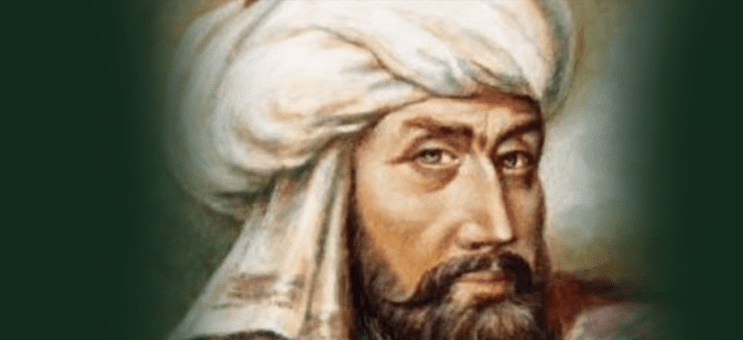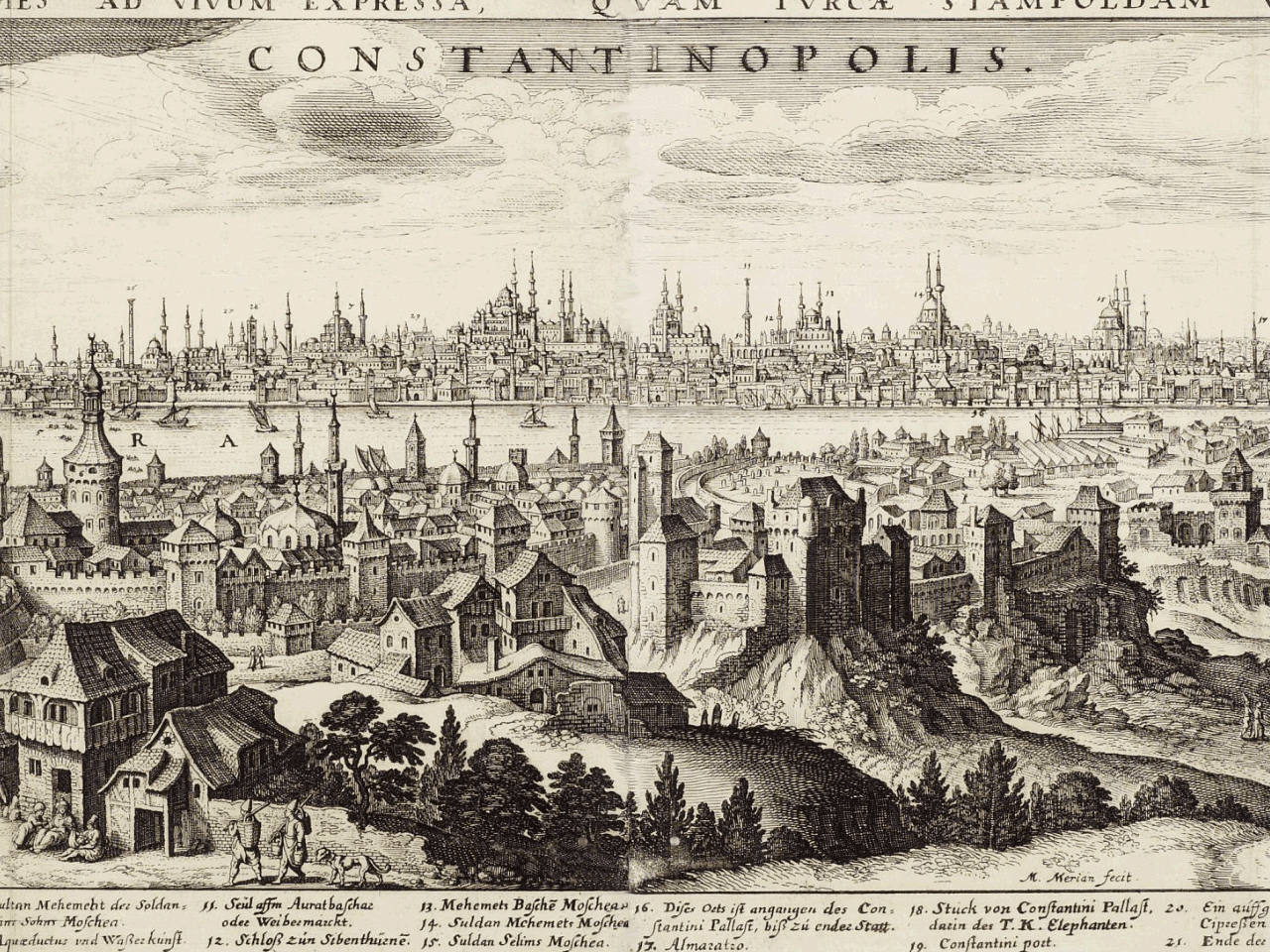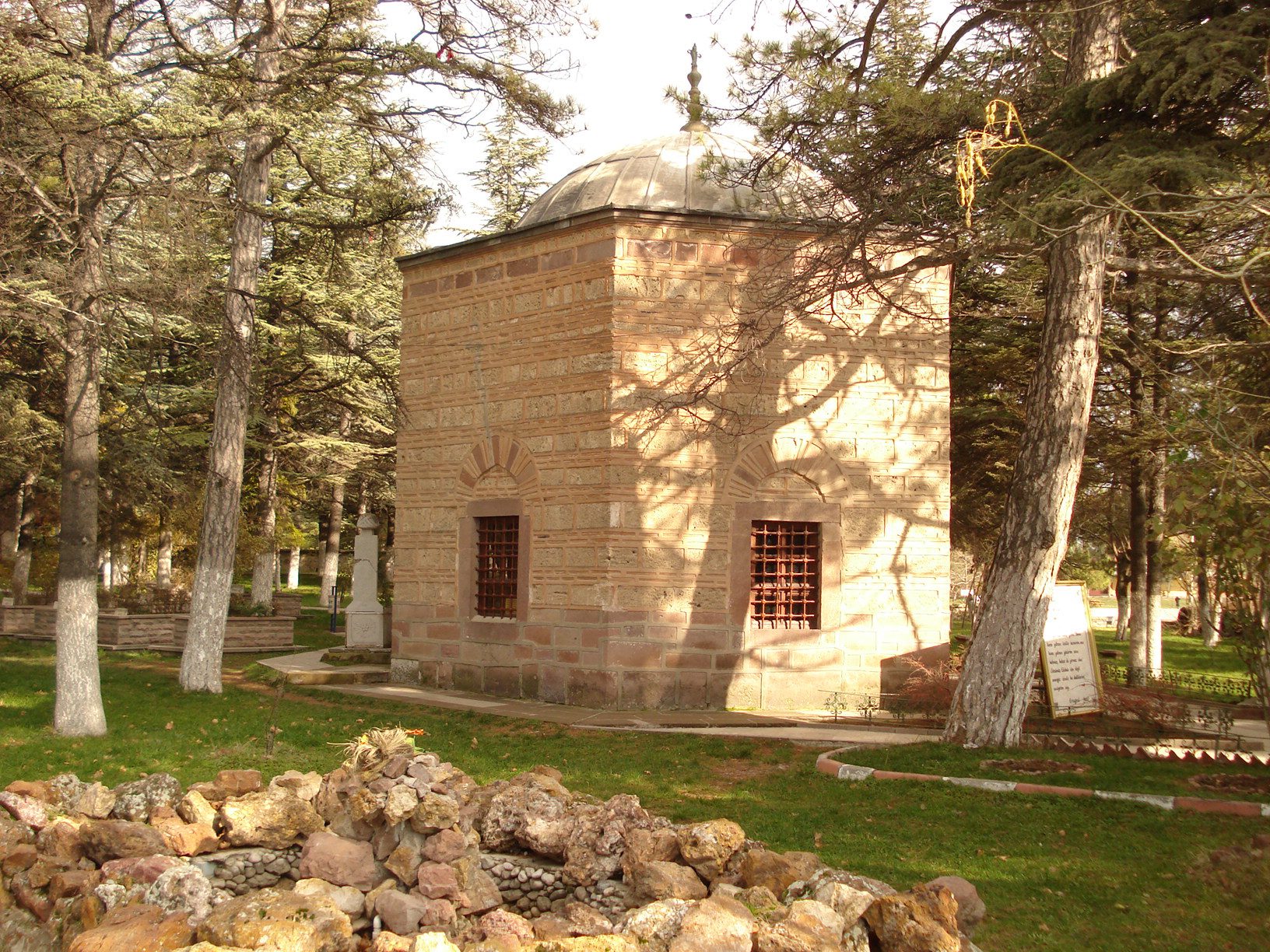Ertugrul Gazi, a heroic figure from Turkish history, played a crucial role in establishing the great Ottoman Empire. Known for his bravery, leadership, and unwavering commitment to justice, Ertugrul Gazi’s story has captivated the hearts and minds of people worldwide. In this blog article, we will delve into the life and legacy of Ertugrul Gazi, exploring his historical significance, contributions to the rise of the Ottoman Empire, and the enduring impact of his leadership.
The Life of Ertugrul Gazi
Ertugrul Gazi was born in the late 12th century and was the father of Osman I, the founder of the Ottoman Empire. He was a skilled warrior and leader of the Kayi tribe, which played a significant role in the history of Anatolia. Struggles marked Ertugrul Gazi’s early life as he faced external threats and internal conflicts within his tribe. However, his courage, wisdom, and determination enabled him to overcome these challenges and establish a strong foundation for future generations.

The Foundation of the Ottoman Empire
Under the leadership of Ertugrul Gazi, the Kayi tribe expanded its influence and formed alliances with other Turkish tribes in the region. This laid the groundwork for the emergence of the Ottoman Empire. Ertugrul Gazi’s military victories and his ability to forge alliances were crucial in securing the Kayi tribe’s position in the region and setting the stage for the future success of the Ottoman Empire.
Ertugrul Gazi’s Leadership and Bravery
Ertugrul Gazi was renowned for his exceptional leadership qualities and unwavering bravery on the battlefield. His strategic insight and military prowess earned him the respect and admiration of his allies and adversaries. Ertugrul Gazi’s ability to unite people under a common cause, his commitment to justice and fairness, and his vision for a strong and prosperous state were instrumental in shaping the values and principles of the Ottoman Empire.

The Enduring Legacy
Ertugrul Gazi’s legacy lives on in the hearts of the Turkish people and serves as a symbol of national pride and identity. His leadership and the principles he embodies inspire generations, emphasizing the importance of courage, integrity, and unity. The story of Ertugrul Gazi has gained widespread recognition and popularity through the acclaimed Turkish television series “Diriliş: Ertuğrul,” which has brought his remarkable journey to screens worldwide.

Conclusion
Ertugrul Gazi’s life and leadership hold immense historical significance, as he laid the foundation for the rise of the Ottoman Empire. His unwavering commitment to justice, military achievements, and ability to unite people under a common purpose continue to inspire and resonate with people worldwide. Ertugrul Gazi’s story reminds us of the power of determination, bravery, and visionary leadership in shaping history.
Ertugrul Gazi FAQs:
Who was Ertugrul Gazi?
Ertugrul Gazi was a heroic figure from Turkish history and the father of Osman I, the founder of the Ottoman Empire. He was known for his bravery, leadership, and contributions to the empire's establishment.
What role did Ertugrul Gazi play in the foundation of the Ottoman Empire?
Ertugrul Gazi's leadership and military achievements laid the foundation for the Ottoman Empire. His strategic alliances and military victories contributed to the empire's expansion and eventual success.
What were the key qualities of Ertugrul Gazi as a leader?
Ertugrul Gazi was known for his exceptional leadership qualities, including courage, wisdom, and a commitment to justice. He united people under a common cause and inspired them to strive for a prosperous future.
How is Ertugrul Gazi remembered today?
Ertugrul Gazi's legacy lives on in the hearts of the Turkish people. His story has gained popularity through the television series "Diriliş: Ertuğrul," bringing his remarkable journey to a global audience.
What lessons can we learn from the life of Ertugrul Gazi?
Ertugrul Gazi's life teaches us the importance of courage, integrity, and visionary leadership. His story reminds us of the power of determination and unity in shaping history.



0 Comment